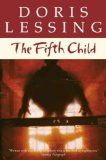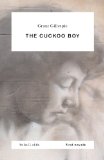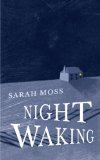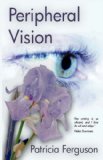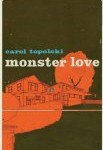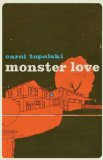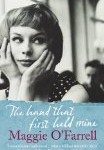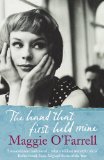I love books that deal with all aspects of motherhood, but I particularly enjoy those that investigate its darker side – those times when everything goes wrong and the child makes life extremely difficult for the parents. Unfortunately I have run out of books with this theme and so would love to know if you have any recommendations for me.
My favourite books about motherhood
We Need to Talk About Kevin by Lionel Shriver
We Need to Talk About Kevin is my favourite book about motherhood. It portrays a mother’s worst nightmare and discusses how responsible a parent is for their child’s actions. It is frighteningly realistic and I still think about it all the time.
The Fifth Child by Doris Lessing
The Fifth Child shares many themes with We Need to Talk About Kevin, but the child is so evil it verges on fantasy. The Fifth Child contains a good discussion about whether or not it is fair to give one child more attention than their siblings, if they are having difficulties.
The Cuckoo Boy – Grant Gillespie
The Cuckoo Boy has many similarities to the above two books, but I especially admired the nature verus nurture debate.
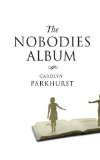
The Nobodies Album – Carolyn Parkhurst
The Nobodies Album is very different in structure to the other books here, but I admired its originality. It examines the relationship between a mother and her adult son and shows how parental responsibilty changes over time.
An accurate and often comic insight into the difficulites of raising young children. I think all new mothers will recognise some of the scenes from this book.
Peripheral Vision – Patricia Ferguson
Through the eyes of three different women this book shows how the relationship between a mother and child can be both powerful and fragile.
Beside the Sea – Veronique Olmi
A devastatingly sad book about what can happen when parenting becomes too much.
The Birth of Love – Joanna Kavenna
The Birth of Love shows how child birth has changed over time and gives a frightening prediction of how things might be in the future.

